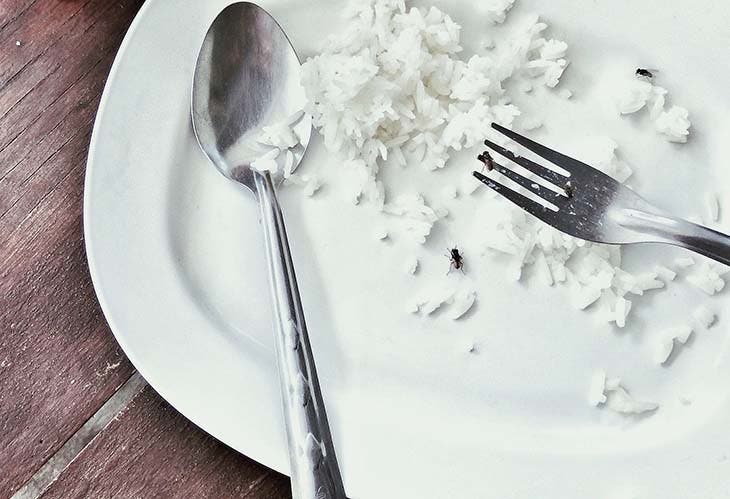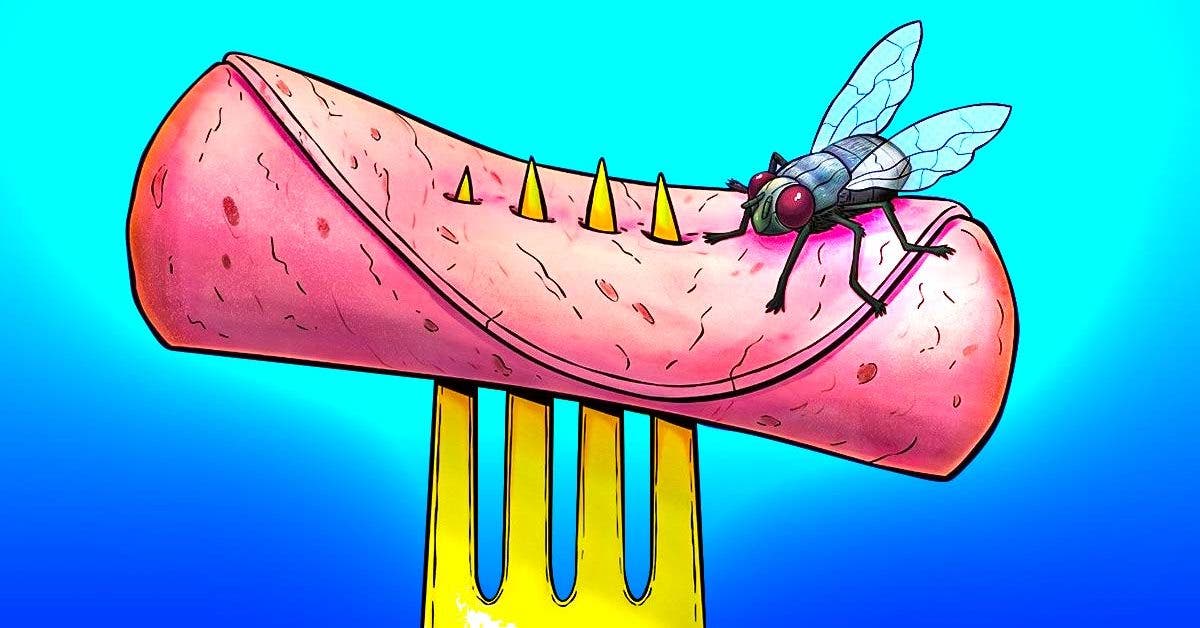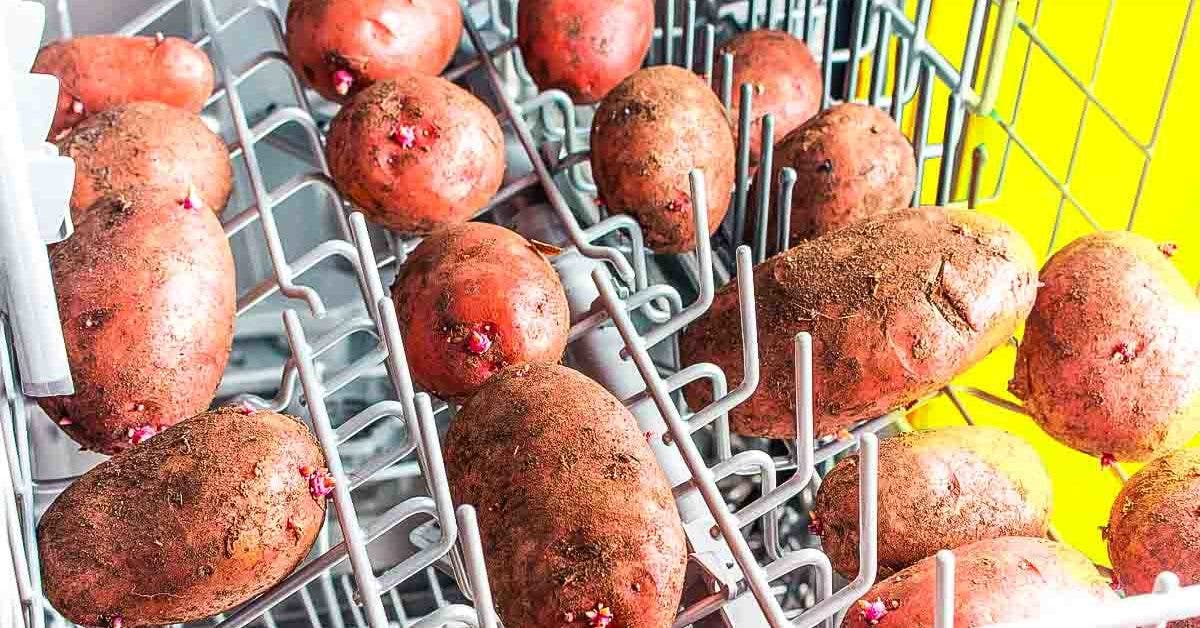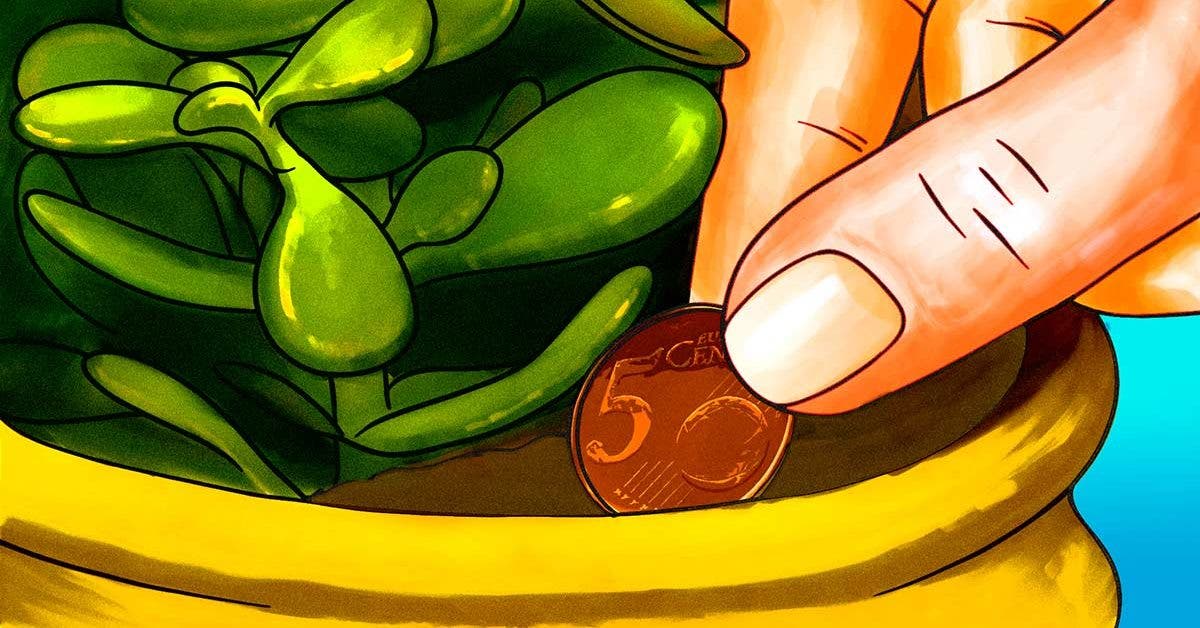Here's what to do if a fly lands on your food
There are all sorts of insects, frequently flies, which can land on objects, our hands and feet, or on our plates. Do you know what happens when a fly lands on food?
Flies feed on feces and garbage. Another characteristic of flies is that they cannot chew, they eliminate enzymes from food, which dissolve and are absorbed, but this is not the main factor that people should be afraid of.
Did you know that a fly can transmit all kinds of diseases? According to the World Health Organization (WHO), these insects can carry typhoid, paratyphoid, cholera, bacillary dysentery, infantile diarrhea, amoebic dysentery, giardiasis, pinworm, ascariasis, trichuriasis and taeniasis.
What to do if a fly lands on your food?
A fly on the food – Source: spm
The most obvious thing to do would be to stop eating and even to ask for a change of plate, or perhaps simply throw away the piece of fruit or bread that has been hit by that insect.
However, although flies are a vector of microbes and bacteria, one should not always exaggerate so much. Except in very specific cases. It must be taken into account that this type of insect usually lands on excrement, corpses, rotting food and other unpleasant remains.
“Flies can contribute to the rapid transmission of pathogens in outbreak situations,” revealed a study by Professor Donald Bryant of Pennsylvania State University
So it’s better to know how react if a fly stops on your food, especially since, according to the study, this type of insect can transmit up to 351 types of bacteria, that’s a lot for such a small creature!
Discard or keep the food if a fly lands on your food?

A fly on a plate of rice – Source: spm
“A housefly feeds on the human feces of a person with typhoid, then p dares on a meat dish being prepared in a restaurant,” the World Health Organization said in the 1960.
And it is true that these things have changed little, because we are aware that these insects transmit bacteria on food. What to do in these cases?
“The fly lands on food with pathogenic bacteria (including Salmonella, typhoid bacillus) which multiply rapidly in this medium. When, a few hours later, restaurant customers eat a meat dish, for example, they can contract an infection, ”adds the WHO.
The decision to throw away or not your food when a fly landed on it must be taken according to the time it stayed there, did it stay more than two seconds? So you don’t have to throw the food away. It is best to throw away only the affected piece or part.
The real problem is when a fly stays on your food for a long time, in this case it is better to get rid of it. of your dish; because at this precise moment, in addition to feeding, they are also able to lay their eggs.
Read also You are invaded by flies in summer ? There is a magic trick to keep them away from your home338947




